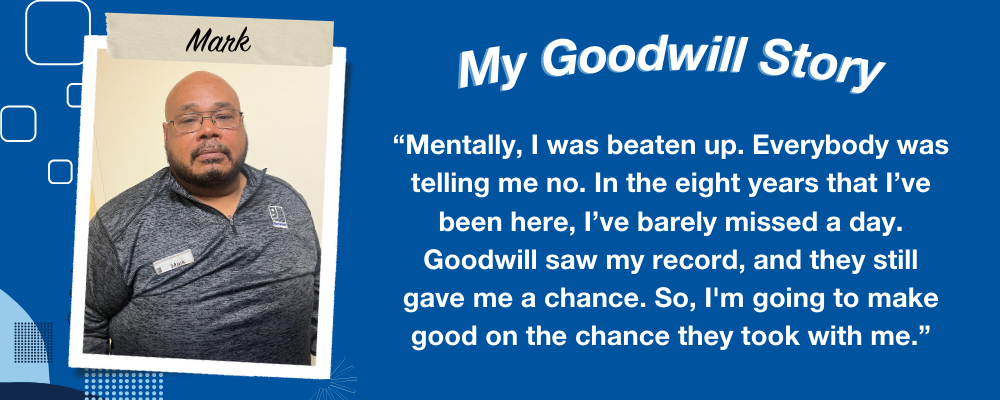 A report in the New York Times reveals that a shocking number of working people live in homeless shelters. According to the report, more than one out of four families in New York City homeless shelters include at least one employed adult and 16 percent of single adults in shelters hold jobs. As alarming as these statistics may seem, a more disturbing fact is that they are indicative of a nationwide trend of the “working poor” being unable to afford housing. Unemployment, underemployment and low-wage employment are frequent causes of homelessness. The loss of a job leads to homelessness when tenants fall behind on their rent and homeowners fall behind on their mortgages—ultimately leading to eviction and foreclosure. Hard-working, responsible families are at risk of losing their homes as a result of job losses, reductions in working hours or lower wages. As bad as it is for the 25% of homeless people who have jobs and can’t escape homelessness, climbing out of homelessness is virtually impossible for those without a job. For those with limited skills, education or experience, opportunities for jobs that pay a living wage are scarce. Most homeless individuals are looking for steady work, but find that it is difficult to come by for one who does not have a permanent address, reliable phone or access to technology. In today’s competitive environment, the difficulties of job seeking as a homeless person can be almost insurmountable barriers to employment. Access to job training and job supports that lead to good paying jobs help families and individuals move from homelessness to housing and financial stability. Goodwill partners with various community agencies within the Homeless Services Network of Charlotte-Mecklenburg to help people experiencing homelessness by coordinating employment services closely with housing and other interventions. The best defense against homelessness is a job that pays enough to afford a place to live. A recent study by the University of North Carolina at Charlotte found that it is cheaper to give homeless men and women a permanent place to live than to leave them on the streets. Moore Place, the subject of the study, is an apartment complex in Charlotte that houses 85 chronically homeless adults. The study found that, in its first year, Moore Place tenants saved $1.8 million in health care costs, with 447 fewer emergency room visits (a 78 percent reduction) and 372 fewer days in the hospital (a 79 percent reduction). Although the Charlotte metro area has been gaining jobs since 2010, we still aren’t gaining jobs fast enough and much work remains to ensure that the opportunities that are created extend to the most vulnerable members of our society.
A report in the New York Times reveals that a shocking number of working people live in homeless shelters. According to the report, more than one out of four families in New York City homeless shelters include at least one employed adult and 16 percent of single adults in shelters hold jobs. As alarming as these statistics may seem, a more disturbing fact is that they are indicative of a nationwide trend of the “working poor” being unable to afford housing. Unemployment, underemployment and low-wage employment are frequent causes of homelessness. The loss of a job leads to homelessness when tenants fall behind on their rent and homeowners fall behind on their mortgages—ultimately leading to eviction and foreclosure. Hard-working, responsible families are at risk of losing their homes as a result of job losses, reductions in working hours or lower wages. As bad as it is for the 25% of homeless people who have jobs and can’t escape homelessness, climbing out of homelessness is virtually impossible for those without a job. For those with limited skills, education or experience, opportunities for jobs that pay a living wage are scarce. Most homeless individuals are looking for steady work, but find that it is difficult to come by for one who does not have a permanent address, reliable phone or access to technology. In today’s competitive environment, the difficulties of job seeking as a homeless person can be almost insurmountable barriers to employment. Access to job training and job supports that lead to good paying jobs help families and individuals move from homelessness to housing and financial stability. Goodwill partners with various community agencies within the Homeless Services Network of Charlotte-Mecklenburg to help people experiencing homelessness by coordinating employment services closely with housing and other interventions. The best defense against homelessness is a job that pays enough to afford a place to live. A recent study by the University of North Carolina at Charlotte found that it is cheaper to give homeless men and women a permanent place to live than to leave them on the streets. Moore Place, the subject of the study, is an apartment complex in Charlotte that houses 85 chronically homeless adults. The study found that, in its first year, Moore Place tenants saved $1.8 million in health care costs, with 447 fewer emergency room visits (a 78 percent reduction) and 372 fewer days in the hospital (a 79 percent reduction). Although the Charlotte metro area has been gaining jobs since 2010, we still aren’t gaining jobs fast enough and much work remains to ensure that the opportunities that are created extend to the most vulnerable members of our society.

What do you think should be done to help people experiencing homelessness in your community?







Join the Conversation